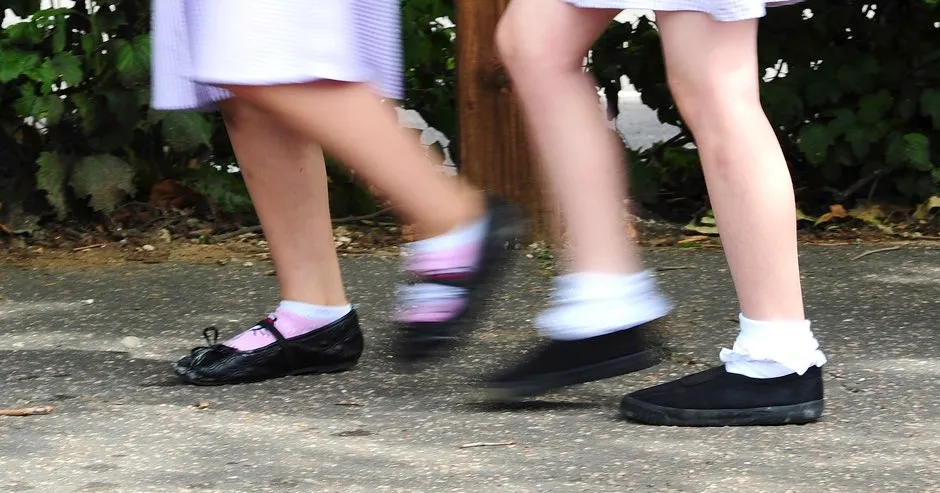Younger children in the school year may be more likely to be diagnosed with depression by the age of 16 than older children in the year, new research suggests.
Scientists used electronic GP records for a sample of one million youngsters in the UK and found children born in the last quartile (youngest) of the school year were estimated to have a 30 per cent increased risk of depression compared to the first quartile (oldest).
Authors of the study, led by the London School of Hygiene & Tropical Medicine (LSHTM), say the findings should be a catalyst for more research into the causes of depression in schoolchildren and how to prevent it.
Study lead author, Jeremy Brown from LSHTM, said: “We’ve known for a while that children who are young in their school year are more likely to have hyperactivity disorders and tend to do less well academically than older children.
“However, we believe this is the first evidence of an association between younger relative age in the school year and increases in the diagnosis of depression.”
Read more about children's health:
- Children missing measles vaccine 'at greater risk' of catching other deadly infections
- Should children use mouthwash?
- Gender stereotypes affect child development, but are we on the brink of a backlash?
Using the Clinical Practice Research Datalink database, the researchers divided all school age children into four age categories based on their age within the school year.
Then they compared the rate of GP recording of ADHD, intellectual disability and depression in these groups, adjusting for calendar year, socioeconomic status and sex.
According to the research, there was no difference in the pattern of results between boys and girls. However, there was some suggestion the association with ADHD was stronger in children aged under 10.
Comparing the youngest against the oldest in the year, with intermediate associations seen for children in the two middle age groups, saw the strongest associations.
The researchers said it was not possible to accurately estimate any possible difference in results based on ethnicity or individual country within the UK.
What is depression?
Depression is a condition that effects your mental health, people who suffer with depression may experience intense feelings of hopelessness, anxiety and negativity for an extended period of time.
Depression can present itself forms such as bipolar disorder, seasonal depression and persistent depressive disorder.
Symptoms include sleeping problems, difficulty concentrating, fatigue, changes in appetite and suicidal thoughts.
Medical treatment includes antidepressants such as Selective Serotonin reuptake inhibitors, while cognitive behavioural therapy (CBT) can be an alternative to drugs.
Read more about mental health treatment:
In the observational study, published in JAMA Paediatrics, the scientists say there are a number of potential interventions to address the differences but limited evidence on their effectiveness exists.
They highlight that in some countries parents of relatively young children can defer school entry for a year, but parent choice has the potential to increase socioeconomic inequality.
Each year around 800,000 children start primary school in the UK. Based on the results of the study the researchers would predict that amongst these children, about 500 more of the youngest in the year might be diagnosed with depression compared with the oldest. This is over the whole course of their schooling up to 16 years old.

The researchers did not set out to determine the potential reasons for these links but highlight that children in the same school year as each other can be almost a whole year apart in terms of age.
Therefore, younger children may find it harder to concentrate, leading to over-diagnosis of hyperactivity. Other issues such as inferior academic performance and poorer peer relationships can also lead to mental health problems.
Professor Ian Douglas, senior author from LSHTM, said: “Just 1 per cent of the youngest quartile in a school year will be diagnosed with depression by age 16, and fortunately there is an increasing awareness about mental health as a priority.
“However, we should focus on reducing the number of children affected.
“Better recognition of this as a problem might help.”
The authors acknowledge limitations of the study, including the possibility that children who had deferred school entry would have been included in the wrong age category, though national statistics show deferral is uncommon.
Follow Science Focus onTwitter,Facebook, Instagramand Flipboard
